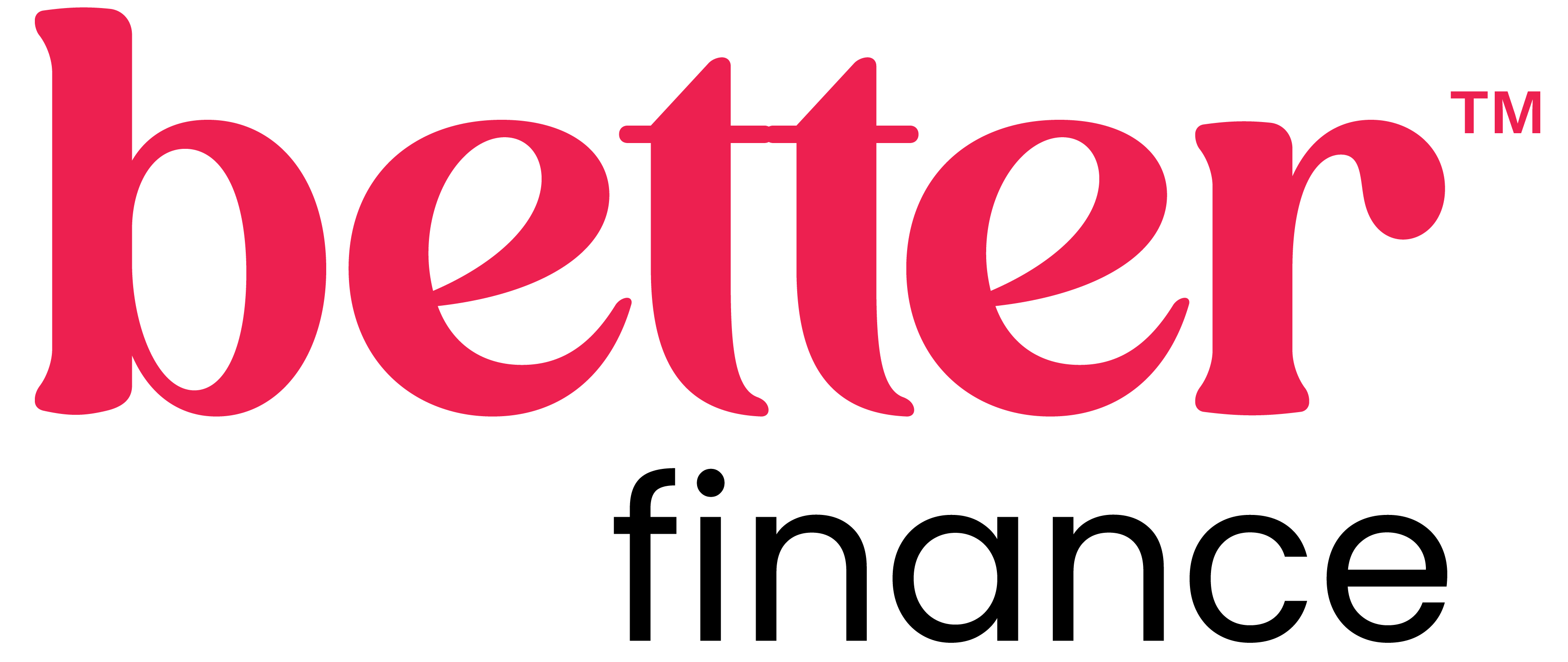
-
Borrowing money is something most of us do at one point or another. Whether it's for a major purchase such as buying a new car or something as simple as getting a new laptop, loans are often a part of our financial journey. But before you dive into the world of loans, it's crucial to take a step back and assess whether it's the right choice for you. In this article, we're not here to give financial advice, but we do care about your financial well-being. So, we've put together some key considerations when you're contemplating borrowing money. Let's dive into it.
-
How much is it all going to cost me?
Understanding the true cost of a loan is fundamental. It's not just about the interest rate that catches your eye initially. You need to dig deeper and calculate the total of all your interest and principal payments. Make sure to factor in any other fees such as administration or late payment fees. All of these costs add up, and it's vital to consider them in your decision-making process. Keep in mind that the longer the loan term, the more you'll pay in interest overall compared to a loan of the same amount with the same interest rate and fees repaid over a shorter loan term. That brings us to our next question.
-
Time matters: How long will it take to repay?
The temptation to go for a longer loan term can be strong, especially when it results in lower monthly payments. But here's the catch – a long-term loan can linger like an unwanted guest. As we've mentioned, the longer the term, the more you'll pay in interest costs over time. Plus, your financial situation might change during that extended period. Will the loan still be as manageable down the road? Figuring out the term that suits your situation and budget can help you from getting caught in a less than desirable position where you might end up paying more than you otherwise would have needed to. Also, don't forget to examine the terms and conditions for any early repayment penalties - and if they're absent, and your budget allows, you may want to consider focusing on paying off the loan faster.
-
Your Credit Score: what is my score, and what will this do to it?
It’s good to keep tabs on your credit score and check it every now and then. You can check yours for free by creating an account with Clear Score which has some great tools to help you further understand your credit score - you are also entitled to one free credit report per year from each of the three main credit reporting agencies in NZ: Centrix, illion, or Equifax.
It helps you monitor your financial progress and ensures there are no errors on your credit report. If you have a strong credit score, you might qualify for a more favourable interest rate, which could save you money. Be cautious, though, because taking out multiple loans in a short timeframe can negatively impact your credit score. So, think about how this new application might affect your credit standing.
-
What happens if something unexpected happens?
None of us take out a loan expecting to struggle with repayments, but life can throw curveballs. Check the penalties for late payments, as they can add up quickly, even for loans with no interest. If you find yourself unable to make payments, it's crucial to reach out to the lender as soon as possible. They may be able to work with you and provide alternative solutions.
-
Can I afford It?
Arguably the most critical question is whether you can comfortably fit the loan into your budget. If you're stretching your finances to make the payments, it might be time to explore ways to increase your income or create a financial cushion, if feasible. Additionally, for long-term loans, consider whether you need insurance to protect your ability to repay the loan in case of unexpected events.
So before you decide to borrow money, ask yourself these five key questions. First, understand the total cost of the loan. Second, consider the time it will take to repay and its impact on your budget. Third, assess your credit score and how the loan might affect it. Fourth, plan for unexpected challenges and understand what late payment penalties apply if you miss a payment. And lastly, ensure that you can comfortably fit the loan into your budget. Borrowing money is a significant financial decision, so take your time to make an informed choice that aligns with your goals and financial well-being.
Disclaimer: Please note that the content provided in this article is intended as an overview and as general information only. While care is taken to ensure accuracy and reliability, the information provided is subject to continuous change and may not reflect current developments or address your situation. Before making any decisions based on the information provided in this article, please use your discretion, and seek independent guidance.





